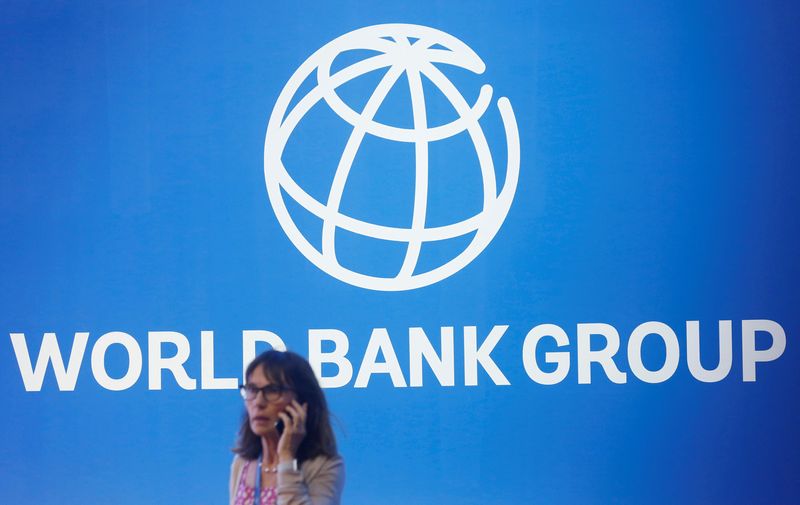WASHINGTON (Reuters) -The executive board of the World Bank on Tuesday approved a plan to use more than $1 billion from a frozen Afghanistan trust fund to finance urgently needed education, agriculture, health and family programs, the bank announced.
The plan, which will bypass sanctioned Taliban authorities by disbursing the money through U.N. agencies and international aid groups, will provide a major boost to efforts to ease the country’s worsening humanitarian and economic crises.
The approach “aims to support the delivery of essential basic services, protect vulnerable Afghans, help preserve human capital and key economic and social services, and reduce the need for humanitarian assistance in the future,” the bank said in a statement.
Afghanistan Reconstruction Trust Fund (ARTF) was frozen in August when the Taliban overran Kabul as the last U.S.-led international troops departed after 20 years of war.
Foreign governments ended financial aid constituting more than 70% of government expenditures while the United States led in the freezing of some $9 billion in Afghan central bank funds.
The funding cuts accelerated an economic collapse, fueling a cash crunch and deepening a humanitarian crisis that the United Nations says has pushed more than half of Afghanistan’s population of 39 million to the verge of starvation.
The World Bank statement said that as a first step, ARTF donors will decide on four projects worth about $600 million that will support “urgent needs in education, heath and agricultural sectors, as well as community livelihoods.”
There will be a “strong focus on ensuring that girls and women participate and benefit from the support,” the statement continued.
The Taliban have unraveled gains in rights made by women during the last two decades, including restricting them from working and limiting their travel unless accompanied by a close male relative.
Most girls have been barred from going to school beyond seventh grade since the Taliban takeover. The Islamist extremists say that all girls will be allowed to return to classrooms later this month.
(Reporting by Andrea Shalal and Jonathan LandayEditing by Leslie Adler and Cynthia Osterman)

























